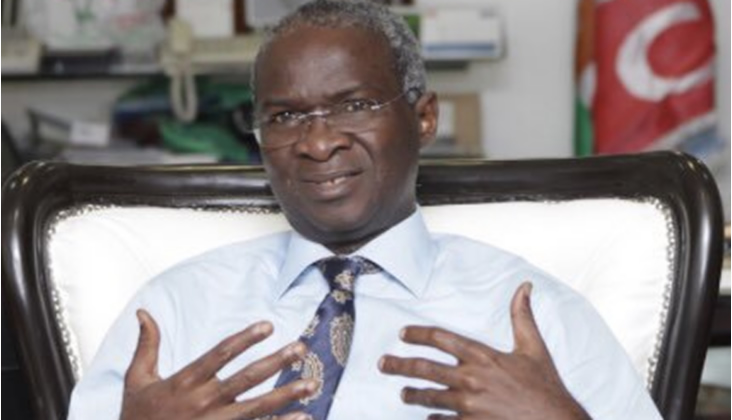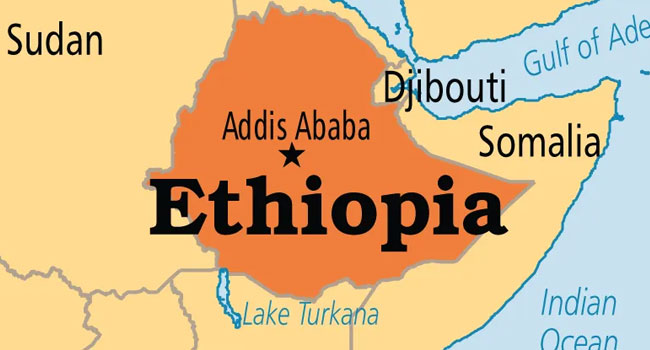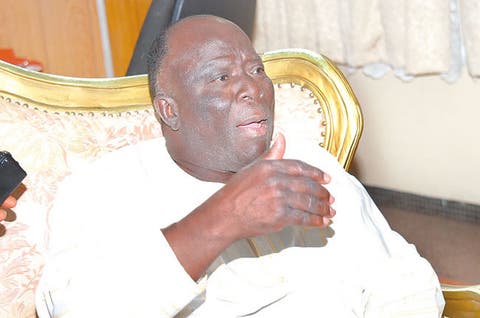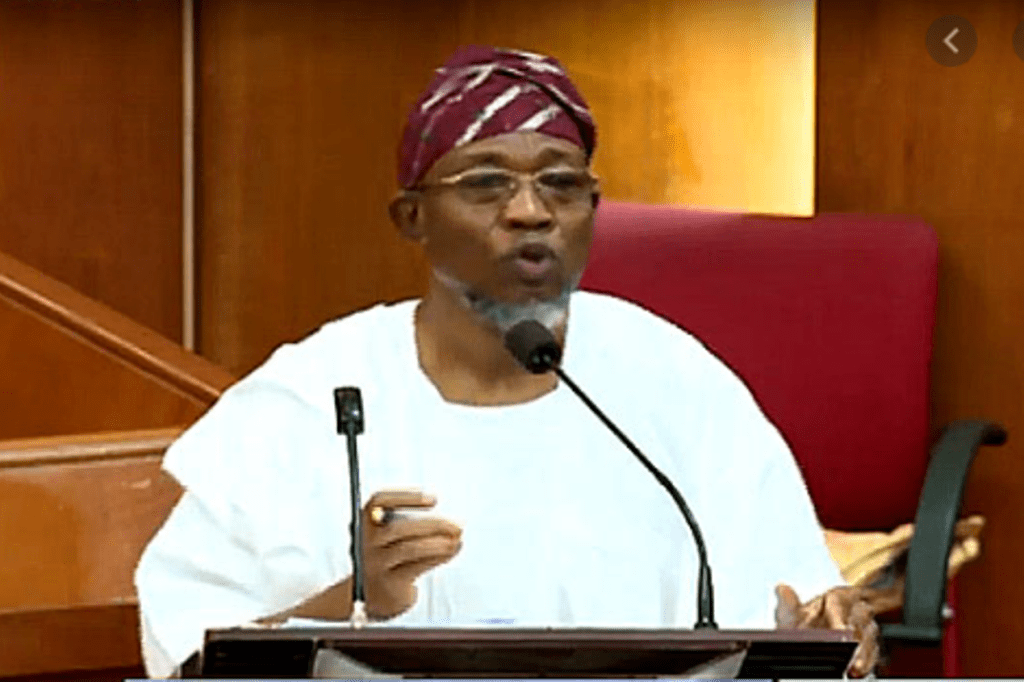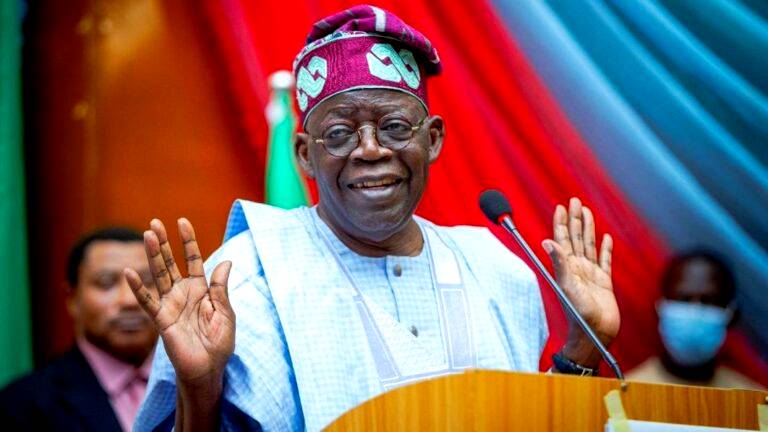The Federal Government, on Wednesday, approved N54.82bn for various projects in the Ministries of Works and Housing, and Humanitarian Affairs, Disaster Management and Social Development. This is as it approved a refund totalling N9.18bn to Kebbi and Taraba States for federal road projects executed by their governments during the Jonathan administration. The Ministers of the respective ministries disclosed this to State House Correspondents shortly after Wednesday’s Federal Executive Council meeting chaired by the President, Major General Muhammadu Buhari (retd.), at the Executive Council Chamber at the Aso Rock Villa, Abuja. Humanitarian Affairs Minister, Sadiya Farouq, who presented four memos on behalf of the North East Development Commission, revealed that her ministry will collaborate with other government and private agencies to deliver four road reconstruction projects in Borno, Yobe, Adamawa and Bauchi States. According to her, all four memos were approved and the projects are expected to run for 12 months except for Borno State which will stretch for 24 months. Giving details of the projects, she said, “Today, the Ministry of Humanitarian Affairs, Disaster Management and Social Development presented to council on behalf of the North East Development Commission four memos. These memos are in respect of road reconstruction for five states of the North East region, namely Borno, Yobe, Adamawa, Gombe and Bauchi. “For Borno, we have a 22.5km road that is to be reconstructed. This road is Ngon-Koshode and Ngon-Dosmari-Zabamari-Kongologo-Kajari Road with the contract sum of N13,553,902,668.95 “The second contract is on the construction of 53km Gombe-Abba-Dukurfi Road in Gombe and Bauchi state in the contract sum of N11,697,355,449.61. The other road is the 54km Mutayi-Ngalda Road in Yobe State with a contract sum of N12,199,182,845.70. “The fourth one is the one for Adamawa State, Garkida road, it has a contract sum of N6,202,214,413.29 inclusive of 7.5 VAT. Garkida Road in Adamawa state is located at the fringes of the Sambisa Forest.” She noted that the roads were selected in conjunction with the state governments and other critical stakeholders and are expected to stimulate economic activities, enhance security and facilitate the freer movement of goods and people in the region whose economic activities have been crippled by the 13-year insurgency. “We are also in partnership and collaboration with the Nigerian Society of Engineers in the area of engaging reputable local consultants for the design and supervision of the major works in line with the executive order five for promoting local content in science, engineering, and technology,” Farouq added. On his part, the Minister of Works and Housing, Babatunde Fashola, said the council approved the release of N6.706bn and N2.47bn for Kebbi and Taraba states respectively. The refunds are for several road projects undertaken by states on behalf of the federal government. Fashola explained that although Buhari had issued a directive that there should be no more intervention by states on federal roads, these refunds cover interventions done in the previous administration. He said: “The other presentation by the ministry is the report and recommendation of the council committee set up by the President in order to respond to demands by state governments for refunds on intervention made previously before this administration on federal roads before the President subsequently issued the directive that there should be no more intervention by states on federal roads. But there were some that had been done before this administration. “So there were three states, Kebbi, Yobe and Taraba states. The claims for Yobe for N18.66bn were approved on June 22 this year. That left those for Kebbi and Taraba states. So today the Council approved N6.706bn for Kebbi State and N2.47bn for Taraba States. “The Council also approved that the road under construction by Taraba state for which this reimbursement is being made, that the contract by the state government should now be terminated. That is the section between Bali and Seti in Taraba state. This is because you will recall last year that council had approved the full reconstruction of Bali-Set to Gembu under the NNPC tax credit scheme.” Explaining the mode of payment, the former Lagos State governor noted that the Ministry of Finance, subsequent to this approval, will seek approval from the National Assembly to raise debt to secure payment to the States. “So this is also part of the national debt. It’s important to note that when we’re having conversations about the national debt, these are some of the components. There were inherited debts that this government is also paying for infrastructure. This is a bipartisan approval, irrespective of party affiliations,” Fashola explained. The minister also revealed that the council approved a first memorandum for the award of contract for the reconstruction of the Mushin-NNPC-Apapa-Oshodi road for the sum of N11,166,270,197.95 to Strabic Construction Limited. “The works are expected to be executed in 20 months,” he said.



